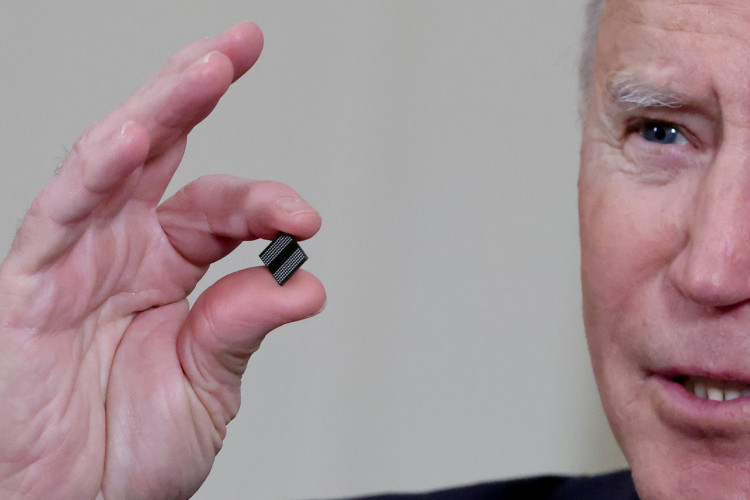The CHIPS Act, which would fund $52.7 billion over five years to help businesses like Intel and GlobalFoundries compete with Asian chip manufacturers, was finally approved by the Senate on Wednesday after more than a year of debate.
In order to help ensure a supply of the electronic brains that are essential for vehicles, computers, weapons systems, dishwashers, toys, and pretty much any other device that consumes electricity today, the law is aimed to assist tech companies in the US in decrease the massive cost of chip manufacturing.
The CHIPS and Science Act of 2022 was passed by the Senate with a vote of 64-33. Before President Joe Biden, a fervent supporter can sign the legislation, the House of Representatives must adopt its version.
The New York Times stated that it might take place this week. The House will confidently adopt this crucial legislation and send it to President Biden for signing into law, according to House Speaker Nancy Pelosi, a California Democrat. She made her prediction in a statement after saying the House Rules Committee will meet "shortly" to discuss the bill.
Today's industries depend heavily on chips, and the last two years' worth of supply chain issues have made it difficult to sell cars, video game consoles, and other products. Although the CHIPS Act wouldn't solve the issue right away, it might increase resilience over time.
China, the primary geopolitical opponent of the United States and the current leader in manufacturing, has lavishly invested in a drive to develop its own domestic chip industry. And when Russia invaded Ukraine despite international protests, many are worried that the world's largest chipmaker, Taiwan Semiconductor Manufacturing Co. (TSMC), is situated on an island that China claims as its own territory.
The chip industry began in the U.S., but consolidation has forced dozens of high-tech companies out of the market, most recently AMD and IBM. That left Intel as the largest US chipmaker, but it has struggled to advance its manufacturing technology in order to keep up with Moore's Law over the last decade.
The CHIPS Act would fund several suppliers of chipmaking equipment and materials, but those who actually manufacture the processors by etching microscopically small electronic circuitry onto silicon wafers would stand to benefit the most.
However, the CHIPS Act is intended to provide greater independence from Asian manufacturing rather than complete independence. TSMC and Samsung, both of which are constructing new fabs in the United States, may also benefit.





